What is ovulation?
Ovulation is regarded as the release of an egg from the ovaries of a woman that are an essential part of a woman’s reproductive tract. Ovulation occurs every month, as the ovaries release an egg for it to get fertilized and every month, the uterus of a woman is prepared for a possible pregnancy. The egg stays in the system of the woman for up to 3 days after which it dies and it is shed along with the blood in periods. Then again, when the cycle starts, new follicles mature and only one reaches the end of its maturation that gets released in the fallopian tubes for fertilization.
The phenomenon of the shedding of the uterine lining, maturation of an egg, then release of an egg, the thickening of the lining of the uterus are all controlled by the special chemical signals called hormones, and the main hormones that play a role in this extensive mechanism are estrogen, progesterone, follicle-stimulating hormones and luteinizing hormone.
When does ovulation occur?
The time or the day for ovulation varies in every woman, but on average, ovulation occurs on the 14th day from the first day of the cycle which is the first day of periods. The entire menstruation cycle lasts for 28 to 35 days, hence we cannot pinpoint when exactly you will ovulate.
What are the signs of ovulation?
Many women want to know when they are ovulating so that they can avoid having sex or if they are planning on getting pregnant, they can have sex in this period. Although it is hard to tell when you are ovulating because the signs are very subtle, but they can be noticed if you closely observe the changes occurring in your body. Some of the signs of ovulation are listed below:
- Increased basal body temperature
- Thinner cervical fluid
- Cramping
- Bloating
- Breast tenderness
- Increased libido
- Intensifies senses of smell and taste
- Slight spotting
Top 11 Best Full Body Pregnancy Pillow Guide 2020 – Which One To Buy?
What is ovulation bleeding?
This type of bleeding is different from your periods. In fact, it is not even bleeding, it is just spotting that happens because your ovaries are releasing an egg. Ovulation bleeding or spotting is a very uncommon fact. Only 3% of women experience spotting in the middle of their cycles, so if you do see that you are spotting in your mid-cycle then it is completely fine and if you find that you are not bleeding in the middle of your cycle, then it is fine, too. This sort of spotting most commonly occurs around the time of the release of your egg.
Why does ovulation bleeding occur?
As mentioned above, the menstrual cycle of a woman is thoroughly controlled by the extensive array of hormones that sync with one another to bring about ovulation and other bodily changes. It so happens that if you are spotting during your cycle then it is mainly because the levels of luteinizing hormone in your body are increased than other women. This likely has no specific reason as to why this happens that some women have higher levels of a hormone while most do not. But having increased level of hormones does not change anything. It will not cause you any health concern nor will it cause a hindrance in you getting pregnant.
When does ovulation bleeding occur?
As mentioned previously, ovulation bleeding occurs roughly in the middle of your cycle, most probably around the day 14 or 15. The length of the menstrual cycle varies in every woman and so does the ovulation period; some women may ovulate in the very start of their cycle, some may ovulate in the middle of their cycle or some may even ovulate towards the end of their cycle. If you are looking to get pregnant then ovulation spotting may be a sign for you to realize that you are ovulating, otherwise, using an ovulation kit is the most accurate way of knowing your ovulation period that will help you by telling the amount of luteinizing hormone in your urine that signifies ovulation as ovulation occurs as a result of surge in luteinizing hormone. In most cases, you may see spots for a day or two when you are ovulating and it should not last more than this.
Symphysis Pubis Dysfunction SPD In Pregnancy Treatment & Symptoms
Ovulation bleeding vs Implantation bleeding:
These two terms are very different, yet, the symptoms they show are very vague and similar. While ovulation bleeding occurs because an egg is released into the uterus, implantation bleeding results as a result of implantation of an egg after it has been fertilized by a sperm. When the egg attaches itself to the walls of the uterus, this is when the bleeding occurs.
Implantation bleeding can last for a day to a couple of days and many women mistake it with their periods. It is hard to tell apart both types of bleeding because these occur approximately during the same time. Fertilization will only occur when the ovulation has occurred, so both bleedings may present during the same time, that is 10 to 12 days after the first day of periods. Implantation bleeding is usually a little more like your regular periods, just lighter in flow while ovulation presents as simple spotting. The only test to tell them apart whether it is an ovulation bleeding or implantation bleeding is to perform a pregnancy strip test to rule out pregnancy or ovulation test to rule out ovulation.
Can Bacterial Vaginosis Go Away On Its Own : Complete Fact Sheet
Heavy ovulation bleeding:
Ovulation bleeding is never heavy or not even presents like normal periods. If you experience heavy bleeding in the middle of your cycle then it is best for you to speak with your doctor and see what they have to tell you. The most common reason for you to bleed heavily during our periods are:
- Fibroids. It is a benign growth of the tissues of the uterus. It is one of the most common reasons why women experience heavy bleeding at any time of their cycle.
- Infection. If you have an infection of your cervix called cervicitis or an infection of the lining of the uterus called endometritis, then there are high chances that you may bleed heavily during your periods as well as experience inter-menstrual bleeding. Other infections from sexually transmitted diseases can cause the same symptoms.
- Polyps. These again are benign growth of the tissues of the uterus or even the cervix.
- Thyroid dysfunction. The thyroid is a gland very important to humans that is present in the neck region. If it fails to work correctly then its symptoms may show in the entire body as well as in the periods for a woman.
- Contraceptive pill. The hormonal changes brought about by contraceptive pills or intrauterine devices can cause a woman to bleed during her cycle, especially in the first few months of starting the contraception before it becomes regular after a few months.
- Cancer. A malicious growth in any part of a woman’s reproductive tract can cause abnormal bleeding in between her periods.
- Obesity. A woman who struggles with her weight will also struggle to keep her periods regular and may experience abnormal bleeding once in a while.
- Stress. Sudden changes in the life events for any woman that may significantly affect her mental health will also show in her periods. And she may have to face problems like frequent or heavier periods.
Can Precum Cause Pregnancy ? Full Fact Sheet
References:
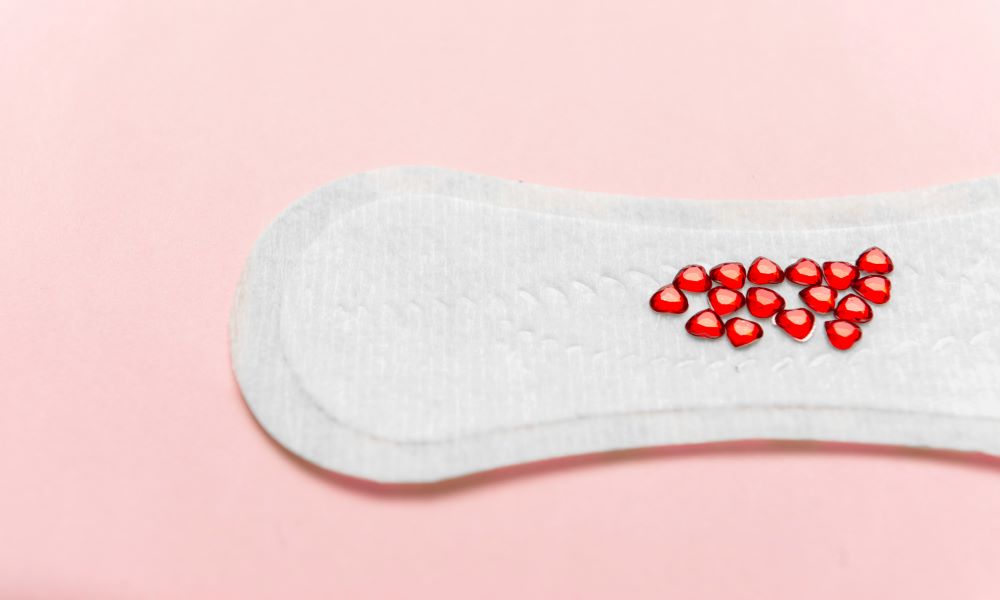

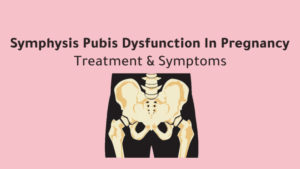
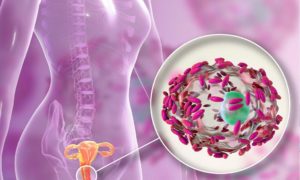
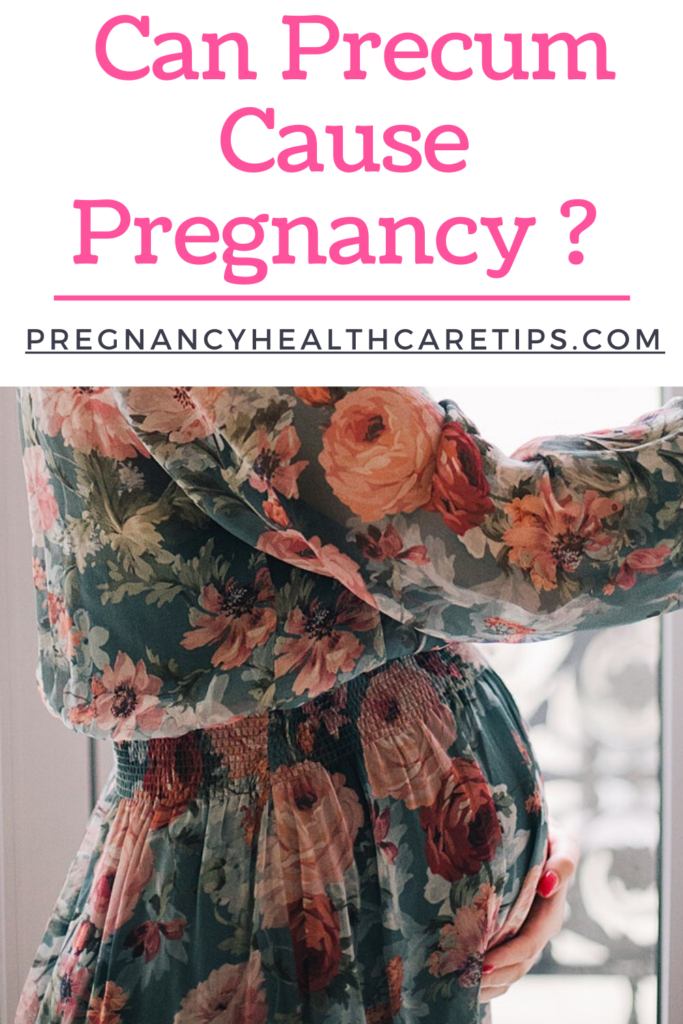

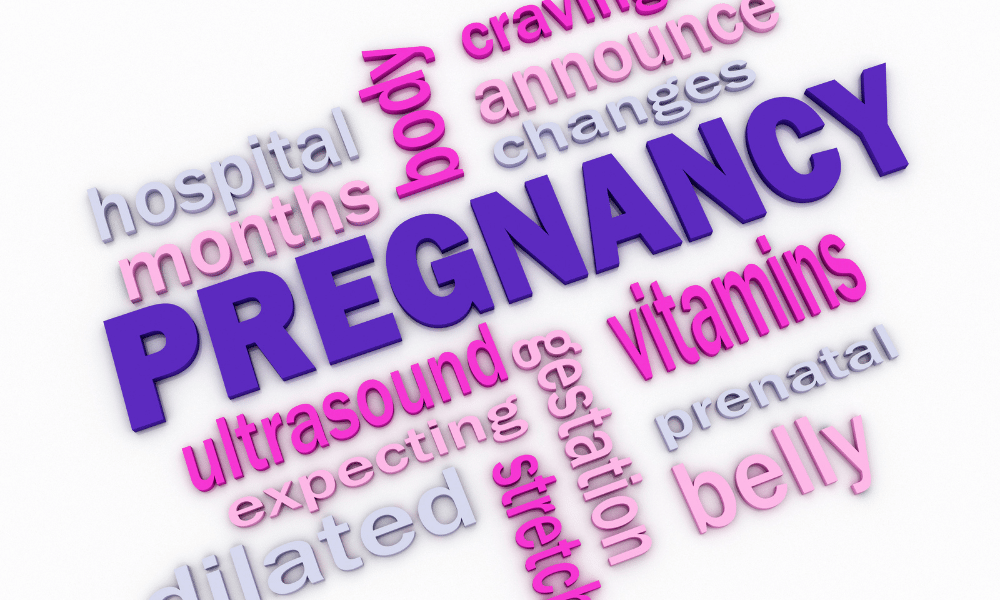
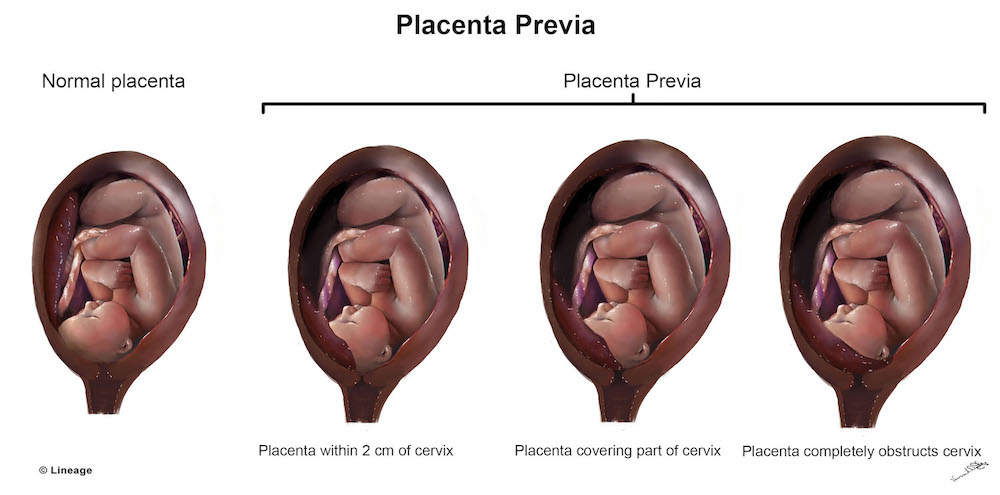
11 Replies to “Ovulation Bleeding-Why does ovulation bleeding occur?”